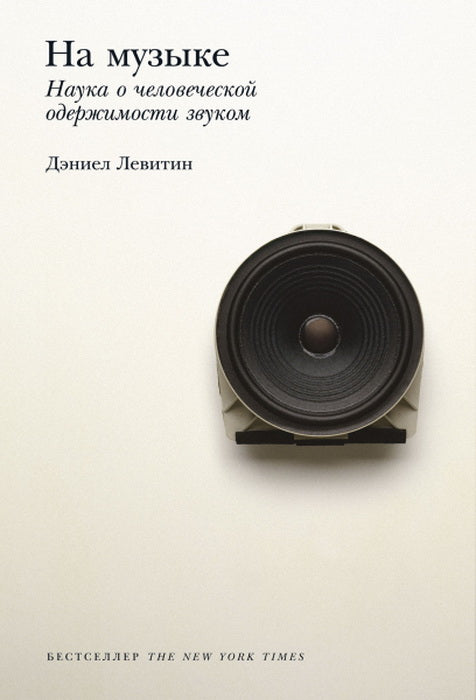
On Music: The Science of Human Obsession with Sound
Number of pages: 433
Cover: Softcover
The author explores the connection between music—its performance, its composition, the way we listen to it, what we like about it—and the human brain. Entering into dialogue with eminent thinkers who argue that music is little more than an evolutionary accident, Levitin argues that it is a fundamental property of our species. For most of human history, making and performing music was as natural as breathing and walking, and everyone participated in it. “Tempo is a major factor in conveying emotion. Fast-paced songs are usually considered happy, while slow-paced songs are sad.” Original design: a paperback book with a dust jacket. Two design options - bright and laconic. For audiophiles, music lovers, musicians, and anyone who has ever listened to music. “Many people like really loud music. Concert-goers report a special state of consciousness, a sense of awe and excitement when the music is deafening — more than 115 dB. Loud music saturates the auditory system, causing neurons to discharge at maximum frequency. When many, many neurons are extremely active, this can cause a new state of the brain, qualitatively different from when neurons work at a normal frequency. Nevertheless, some people like loud music, while others do not. The publication was prepared with the support of the Institute of Musical Initiatives